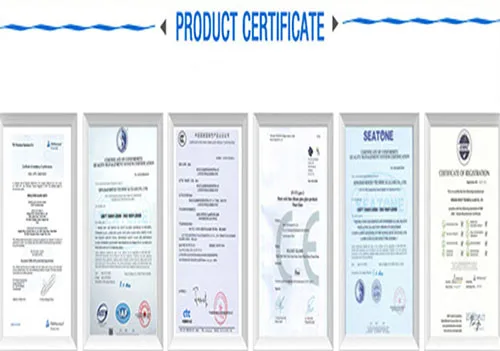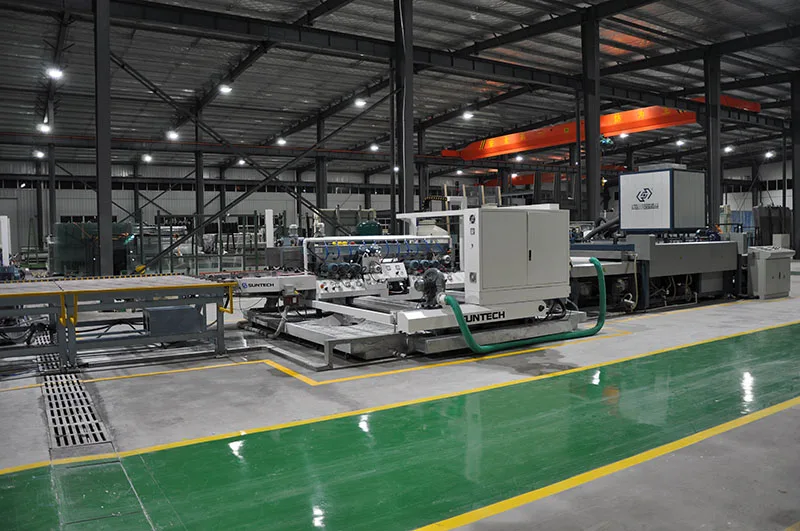Decoration Patterned Glass Customized Size China Supplier Clear and Colored
Other recommendations for your business
Product Description
Patterned Glass

Patterned Glass is a kind of decorative translucent flat glass with embossed patterns on one or both surfaces.With the special property of decoration,patterned glass can fully allow the light to pass through and on the other hand,can limit or prevent clear view effectively.
Product Name | Patterned Glass |
Sizes | 2000*1500mm,2134*1524mm,2200*1900,2440*1830mm,2500*2000mm,2520*1530mm, 1520*1860mm,2520*1880mm,2550*1880mm,etc The size can be customized according to your request. |
Thickness | 3mm,4mm,5mm,5.5mm,6mm,8mm,10mm,12mm,etc. |
Color | Blue,Bronze,Clear,Green,Grey,etc |
Patterns | Karatachi,Nashiji,Diamond,Kasumi,Flora,Crystal,Hitchcross,Mistlite,Millennium,Moru, Pyramid,May Flower,Masterlit,etc. |
Main Material | Float Glass |
Function | 1.Furniture and Show Shelves. 2.Areas where visual screen is required,like bathrooms,doors and windows. 3.Decorative illuminations,etc. |




Using Effects
Advantages:
1, good decorative effect, at present, the glass embossing technology has developed very mature, manufacturers can produce a variety of embossing patterns, for example, there are many types of flowers, such as rain flower, wood grain, 1,000-xi-ge, cloth grain, ice flower, Fu-zi, water grain, double-ge, crabapple flower, bamboo, Spring Dragon, four-season Rainbow, and so on. Each type of flower is designed to be very delicate and beautiful, installed in the home can achieve a good decorative effect, embossed glass has so many styles to choose from, there is always one for you.
2, perspective is weak, the perspective of embossed glass is very weak, in addition to the glass surface there are three-dimensional embossing, embossing film and other embossing process.According to the test, embossed glass transmittance is only about 60% , so most of the embossed glass used in indoor partitions,doors and windows, bathrooms and other places, used to block part of the line of sight.




Related Products



$15 - $ 20 Pieces
100 Pieces (MOQ)
$15 - $ 20 Pieces
100 Pieces (MOQ)
$15 - $ 20 Pieces
100 Pieces (MOQ)
Certificate



CE Tempered Glass Certificate
CE Laminated Glass Certificate
ISO Certificate

GB15763.3,Chinese standard.
EN12543,European standard
EN12600,European standard.
ANSI Z97.1,American standard.
AS/NZS 2208,Australian standard.
EN12543,European standard
EN12600,European standard.
ANSI Z97.1,American standard.
AS/NZS 2208,Australian standard.
Packing & Delivery


Worthy export wooden crate,with paper between each glass,suitable for export
Company Introduction
Qingdao Keddy Glass Co., Ltd. is a foreign trade enterprise specializing in the export of architectural glass and related products. The company is located in the beautiful coastal city of Qingdao, only 2 kilometers away from Qingdao Port, the third largest port in China. It has a strong geographical advantage.
Keddy Glass specializes in selling tempered glass, laminated glass,insulating glass, float glass, coated glass and other architectural glass; frosted glass, screen-printed glass, lacquered glass and other decorative glass; aluminum mirror, silver mirror, copper-free mirror, antique Mirrors, embossed mirrors, lattice aluminum mirrors, heat curved mirrors, dressing mirrors, bathroom mirrors and other decorative mirror products; aluminum alloy profiles, aluminum alloy doors and windows.
Keddy Glass has a professional, efficient and experienced sales team. All members of the company are a team full of youth and vitality after 1980 and 1990.Keddy Glass has always put product quality and service first. With advanced production equipment and high-quality raw material suppliers, we guarantee that each piece of processed products is the best.
The company's products have passed European certification, Australian certification, ISO certification, CCC certification, etc.Products are exported to more than 30 countries and regions around the world.
The company's humanized management creates broad promotion space for employees. Company philosophy: collaboration, passion,happiness
KEDDY CARE DEAL!
Keddy Glass has a professional, efficient and experienced sales team. All members of the company are a team full of youth and vitality after 1980 and 1990.Keddy Glass has always put product quality and service first. With advanced production equipment and high-quality raw material suppliers, we guarantee that each piece of processed products is the best.
The company's products have passed European certification, Australian certification, ISO certification, CCC certification, etc.Products are exported to more than 30 countries and regions around the world.
The company's humanized management creates broad promotion space for employees. Company philosophy: collaboration, passion,happiness
KEDDY CARE DEAL!









Why Choose Us
1.12 years experiences on toughened glass manufacturing and exporting.
2.We have strong technical support and production capacity.
3.Our factory close to the sea port, transportation is very convenience.,CAN DO DOOR TO DOOR
4.Professional sales team, offering personalized and dedicated services
5.Unique designed strong wooden cases and container fixed method can solve the problems of breakage.
6.Top quality toughened glass with CE, ISO9001,CCC,SGCC,ANSIZ97.1-2015,AS/NZS 2208 Certificate.
7.OEM is feasible, and welcome to visit our factory.
8.Favorable price and reasonable payment terms;
9.We can guarantee the delivery time.
2.We have strong technical support and production capacity.
3.Our factory close to the sea port, transportation is very convenience.,CAN DO DOOR TO DOOR
4.Professional sales team, offering personalized and dedicated services
5.Unique designed strong wooden cases and container fixed method can solve the problems of breakage.
6.Top quality toughened glass with CE, ISO9001,CCC,SGCC,ANSIZ97.1-2015,AS/NZS 2208 Certificate.
7.OEM is feasible, and welcome to visit our factory.
8.Favorable price and reasonable payment terms;
9.We can guarantee the delivery time.

FAQ
Q1: How to judge the quality of float glass?
A1: Flatness, transparency, colorless, impurities, bubbles, etc.
Q2: How to reduce the self-implosion?
A2: The high quality float method is used for hot dip treatment, edge treatment and proper stress intensity. Pay attention to avoid side collision of glass during installation.
Q3: Scope of use of toughened glass?
A3: Safety is not involved in some parts of the building, but it is necessary to install toughened glass to improve the compressive strength and explosion-proof capacity,not to endanger the person safety.
Q4: When toughened glass is broken, is the grain smaller the better?
A4: No, the smaller the particle, the easier it is to explode.
Q5: Can toughened glass and semi-toughened glass be made into laminated glass?
A5: Can't. The national standard stipulates: the glass that stresses the difference cannot make laminated glass, because in use process, the pressure that two pieces of glass bears is different.
Q6: Whether the laminated glass can fire, can the sound insulation?
A6: No, the smaller the particle, the easier it is to explode.
Q7: How many uv low-e glass can reduce?
A7: It is not fireproof glass, but has certain fireproof ability, also can soundproof, laminated glass is inside whole sound wave frequency range, in control noise is very good.
Q8: Does the air in the insulating glass do not oxidize the membrane?
A8: No, because there is a molecular sieve in the insulating glass, and the molecular sieve always keeps the air dry, so the membrane is not oxidized.
Q9: How much ultraviolet radiation can low-e glass reduce?
A9: It can reduce uv by 14% compared to heat reflecting glass. That's a 25 percent reduction in uv radiation compared to white glass.
Supplier's popular products
Contact Supplier
We have more categories for you. lf you can't find the products you want above,just fill in the form and tell us whatproducts you want to import from China.


















